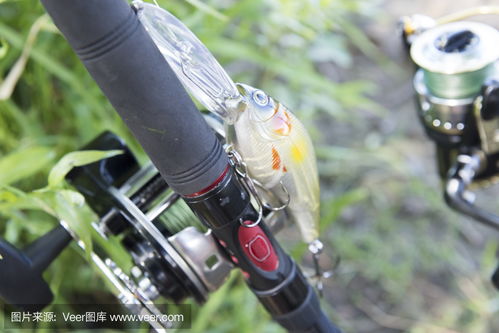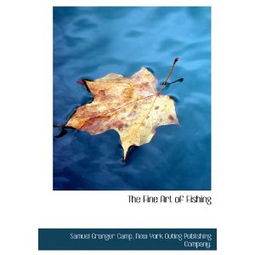Content:
Fishing is an ancient and cherished pastime that has been enjoyed by people all over the world for centuries. Whether you're a beginner looking to cast your line into the water for the first time or a seasoned angler seeking to refine your skills, mastering the art of fishing requires patience, practice, and a willingness to learn. In this article, we will explore various tips and techniques to help you become a skilled angler and enjoy the beauty and tranquility of fishing.
Choose the Right Equipment
The first step in learning how to fish is to acquire the right equipment. Here are some essential items you'll need:
a. Rod and reel: Select a rod and reel that are appropriate for the type of fishing you plan to do. Consider factors such as length, action, and power.
b. Line: Choose a line that matches the type of fish you're targeting and the environment you'll be fishing in. Monofilament, fluorocarbon, and braided lines are the most common types.
c. Lures and bait: Purchase a variety of lures and bait that are suitable for the fish you want to catch. Live bait, artificial lures, and jigs are all popular options.
d. Tackle box: Keep your fishing supplies organized in a tackle box. Include items such as hooks, sinkers, swivels, and leaders.
Learn the Basics of Casting
Casting is a fundamental skill that every angler must master. Here's how to do it:
a. Hold the rod with both hands: Grip the rod with your dominant hand near the reel and your other hand closer to the tip.
b. Position the rod: Point the rod towards your target and angle it slightly upward.
c. Backcast: Begin by pulling the line back towards you with your dominant hand, keeping the rod tip high.
d. Forward cast: As the line reaches the end of your backcast, flick your wrist to send the line forward towards your target.
e. Practice: Casting can take some time to perfect, so be patient and practice regularly.
Understand Fish Behavior
To catch fish, you need to understand their behavior. Here are some tips:
a. Study the water: Observe the water's temperature, clarity, and depth to determine where fish might be located.
b. Identify food sources: Look for signs of food, such as baitfish, insects, or vegetation, to find where fish are likely to be.

c. Understand seasonal patterns: Fish behavior can change with the seasons, so research the habits of the fish you're targeting during different times of the year.
Learn to Read the Water
Reading the water is an essential skill that will help you identify fish and understand their movements. Here's how to do it:
a. Look for disturbances: Fish often create ripples or disturbances in the water as they feed or move around.
b. Observe fish behavior: Pay attention to the way fish swim and interact with their environment.
c. Listen for sounds: Fish can sometimes be heard splashing or breaking the surface of the water.
Practice Knot Tying
Knowing how to tie knots is crucial for successful fishing. Here are some essential knots to learn:
a. Palomar knot: A versatile knot that works well with a variety of fishing lines.
b. Clinch knot: A simple and reliable knot for attaching hooks, lures, and baits.
c. Improved clinch knot: A stronger variation of the clinch knot.
d. Surgeon's knot: A good choice for joining two lines of different diameters.
Develop a Patient Approach
Fishing is a patient sport. Here are some tips to help you stay focused and patient:
a. Spend time on the water: Spend as much time as possible fishing to develop your skills and gain experience.
b. Take breaks: Step away from the water to clear your mind and refresh your senses.
c. Enjoy the experience: Remember that fishing is about more than just catching fish. Enjoy the beauty of nature and the tranquility of the water.
In conclusion, mastering the art of fishing requires a combination of equipment, technique, knowledge, and patience. By following these tips and techniques, you'll be well on your way to becoming a skilled angler and enjoying the rewards of this timeless pastime. Happy fishing!












